Tucked behind a Maspero construction site is a narrow alley, punctuated with small shops and idle fruit vendors. They sit on the sidewalk and cool themselves with feather fans used to air grilled corn. Out on the street are a few scattered men selling fresca (thin, honeyed wafers) and children’s toys, sweat gathering on their brow. Further down, where the Nile starts and the Ramses bus lot ends are two women selling soft batata (sweet potato).
Mobile vendors are a common sight along Egyptian roads, on metro lines, and tucked to the sides of tight streets. They are the meeting point of innovation and poverty, men and women who struggle against the heat on a daily basis, who produce and distribute their own goods, and remain animated and gracious in the face of bitter looks, pointed authority, and car horns.
Egyptian Streets had a chance to chat with four vendors, some woven into the fabric of Maspero, others scattered across Zamalek and Mohandeseen.
Here is how they answered a simple question: what is the hardest part of your job—and what’s the best part of it?

Om Ghali
Sitting behind the still standing Maspero skyline, Om Ghali sells an array of vegetables and fruit. Her daughter, who stands by her side, silent and observing, peels open a prickly pear to expose its vibrant, aromatic inside. Om Ghali turns and urges her to place it “high up on the pile” where it would be most visible.
“The hardest part?” she repeats when asked about the struggles of her job, nodding. “When they haggle, ya anisa (miss)! It’s not like I overprice [my goods]. We’re all trying to live out here, you know. But thank god, thank god, we are surviving.”
When asked what she enjoys most about her job, Om Ghali waits before responding. She brings a thumbnail to her teeth and observes the unsanded edge of her food cart.
“Do you have kids?” she asks instead. “[If you do], you’ll understand. [I do it] for them.”
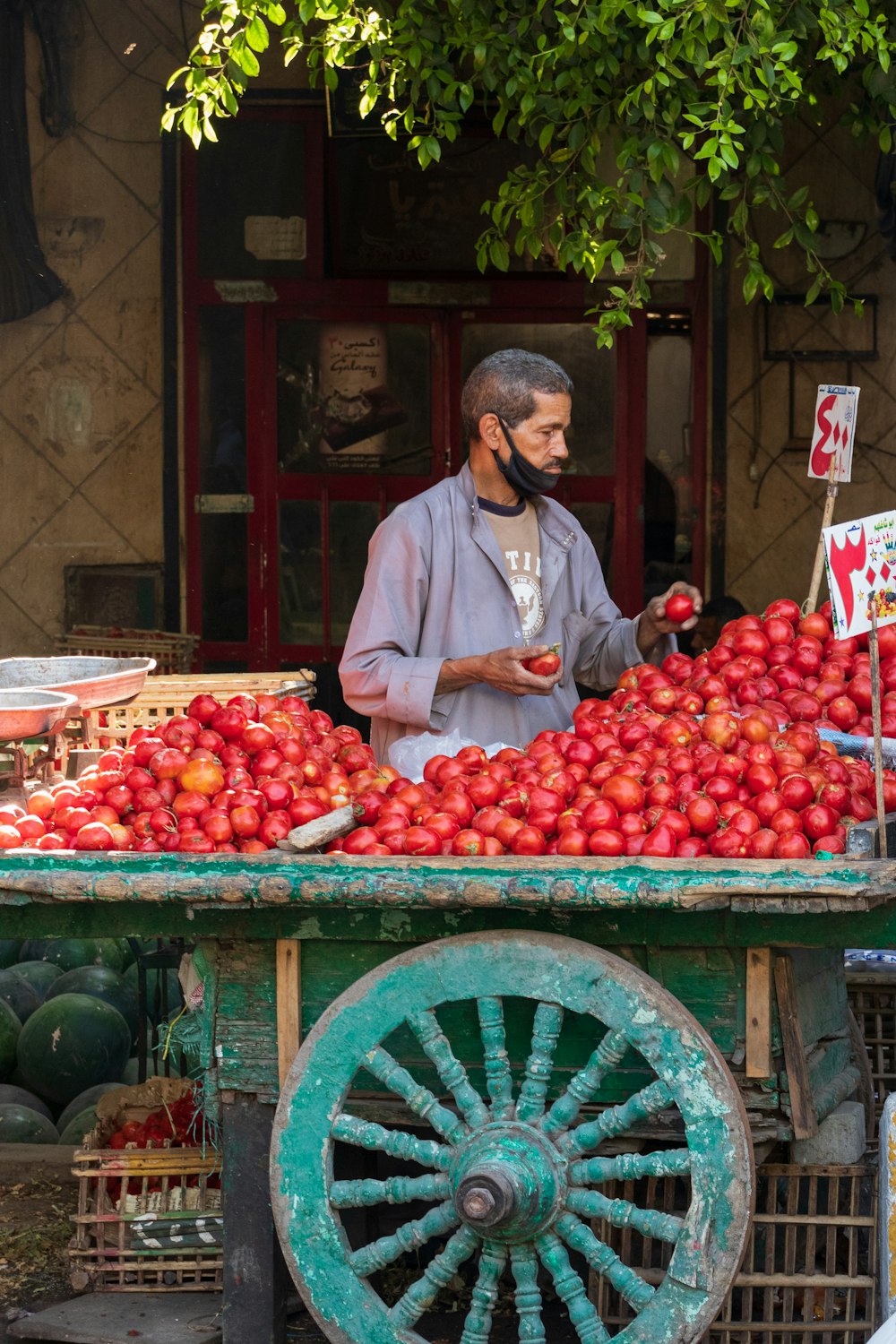
Mohamed Abdelrahman
Mohamed Abdelrahman taps on the windows of cars passing through the Mohandesseen district. In his hands are a pair of plastic children’s toys, taken off his stand further down at a u-turn. He is smiling when he greets his to-be patrons, solicits the attention of children and their parents alike. The sun has left its color in his skin, and Abdelrahman wears it well.
He offers a small neon-blinking car when asked about how hard his job gets.
“Long days, long days—we stand all day, really. Not a lot of people buy, but there is a lot of kindness. People will help when they can, they’ll give you halawa (tips),” he laughs, “just wish they would take the toys, too!”
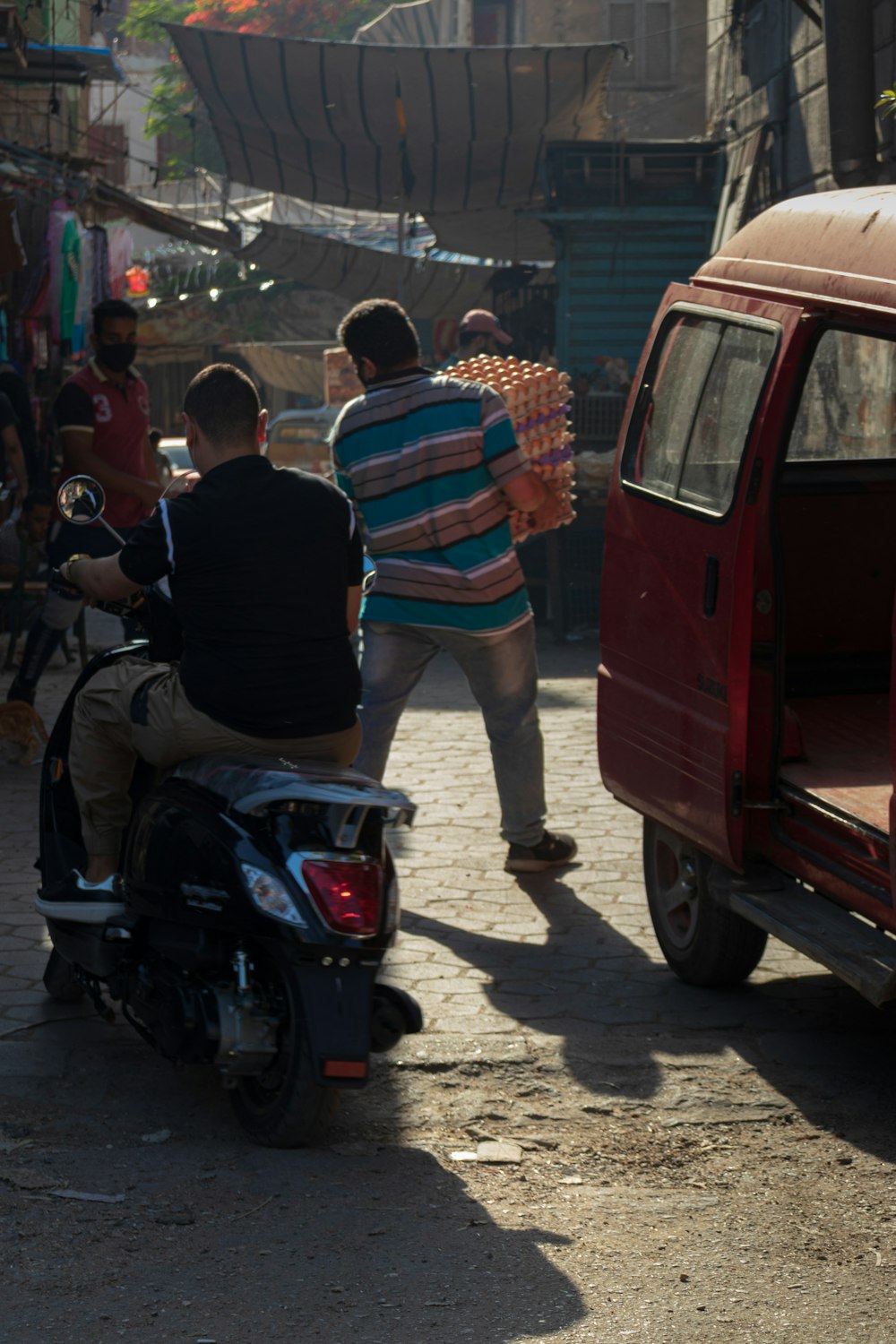
Mohamed Hany/Abu Tarek
Abu Tarek, as he is known, sells mangoes in Mohandeseen. He sets up in front of an expensive supermarket and hopes patrons will notice him. Sitting on a stool, his jalabiya catches in his lap and his neck shines with sweat. Somewhat exhausted-looking, he is reluctant to engage questions and reticent with his responses.
“Prices are high now,” he says, curt, when discussing the harsher parts of selling goods on the street. “People like to haggle about it, and it’s not fair, zambena eh (it’s not our fault).”
When asked about his favorite part of the job, Abu Tarek answers immediately. There is a bittersweetness to the way he kisses the front and back of his palm. “Alhamdulillah a’la kol she’ (thank god for everything), alhamdulillah. We get by.”
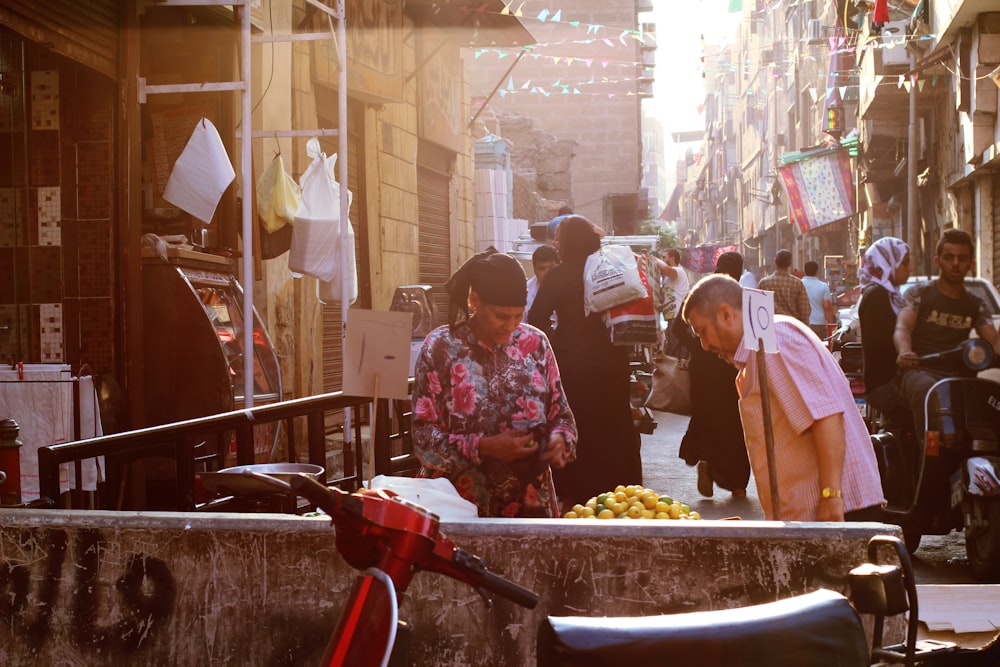
Osama and Zeinab
Osama insists that his first name is what he’s known most by, “just Osama, ya seti (my lady). It’s all you need.” Osama is the son of another, older street vendor in Zamalek. Much like Abu Tarek, they sit across from a gourmet supermarket looking to sell their goods to those with “finer taste [than store-bought],” Osama jokes.
His mother smiles at the attention and chimes in with her laughter. When asked what the most difficult part of their daily routine is, Osama shakes his head in lieu of a response. “The question is: what isn’t hard!”
Zeinab—also known as Om Osama—takes the time to elaborate. “The heat and the hagglers, sometimes a foreigner will come along and we will have to,” she gestures with her hands before chuckling, “sign language!”
“And when the cops come, too,” Osama adds, though somewhat underbreath. “Sometimes they let you be, sometimes they don’t. It’s a daily [guessing game].”
Despite how prolific street vendors are in Egypt, not all are licensed to sell their goods. As a result, many are asked to leave locations by local authorities, with some charged a fee for their lack of documentation. Still, Osama seems unwavering.
“It’s not all bad though,” he decides. “We get to meet a lot of people, and we’re sha’b ibn halal (a kind population). But tell me, are you going to buy something [or what]?”
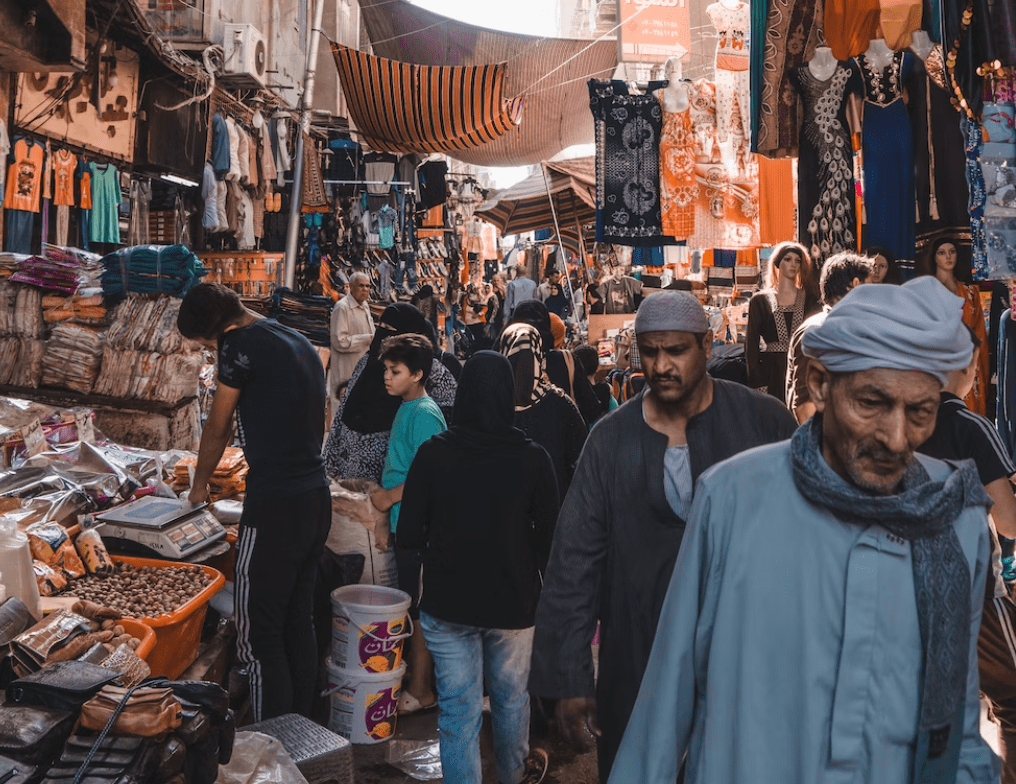



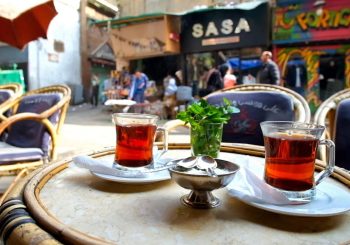
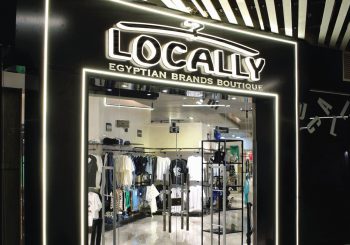
Comments (0)